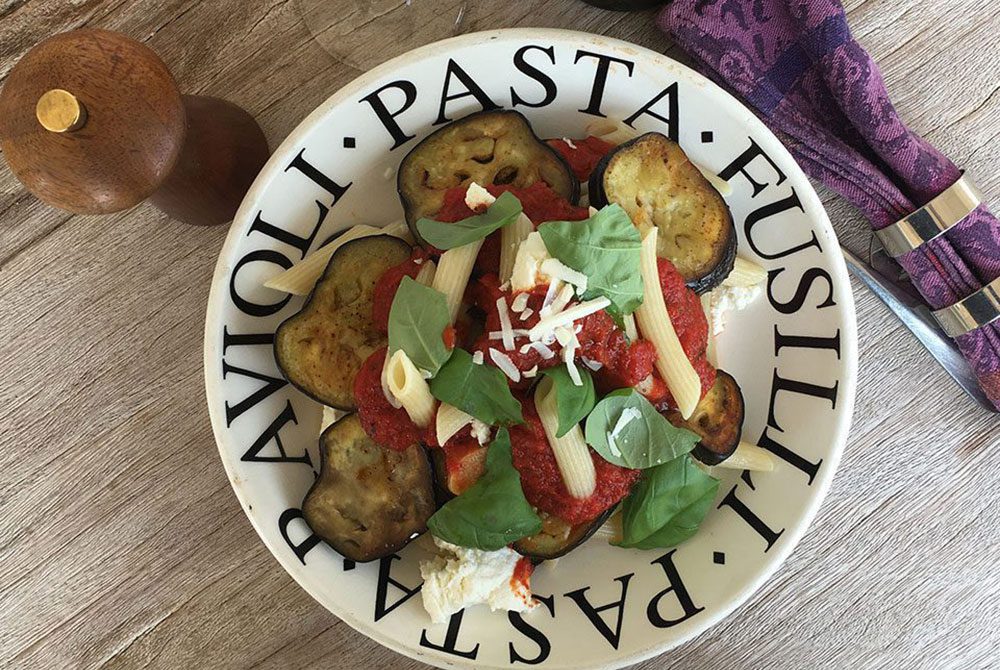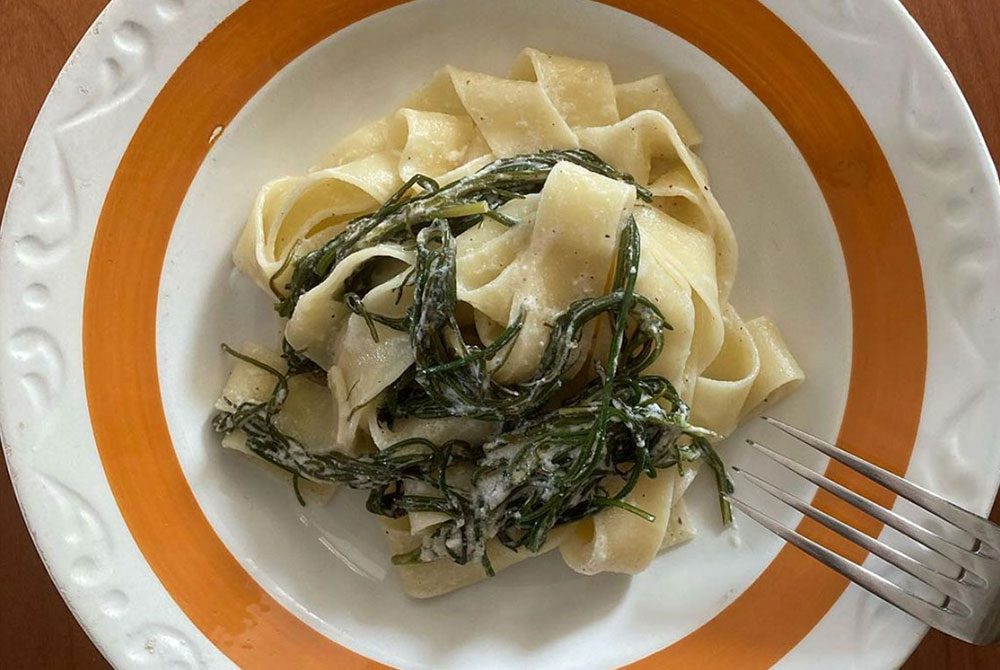Literally translated, the term means “poor cuisine” and thus refers to the cuisine of the poor, of modest means, of inexpensive ingredients and rigorous use of leftovers. And further, the creative combination of local, fresh, coordinated products without elaborate cooking processes.
A successful stay includes a culinary experience
Vegetables, olive oil, durum wheat, fish and the simple dishes of the “cucina povera” characterise the cuisine of sottomasi. The model is traditional Apulian cuisine and its dishes. They captivate with their simplicity and concentration on the essentials and have thus been trendy for many years and are on everyone's lips as a culinary experience.

Cucina povera – cucina ricci
One hundred percent Apulia
Apulian dishes are characterised by the genuineness of the local products, the freshness of the ingredients, their skilful combination, the rustic preparation and a simple presentation. For example, “Fave e cicoria”, i.e. broad beans and chicory, or “Cicero e tria”, i.e. pasta with chickpeas. At first glance, these are not the first choice – but if you try them, you will be surprised – with the best recommendation from the sottomasi kitchen.
Pasta & Company
Pasta rules – in all variations
This is understandable, as Apulia is the region in Italy where the most durum wheat is produced. “Orecchiette alle cime di rapa” are the real national dish of Apulia.
What must be mentioned, however, are the spuntini, small snacks often made of dough. The friselle, like rusks, petolle, fried yeast dough balls, then focaccia barese or the pucci rolls, often with olives, and of course, last but not least, the taralli.



